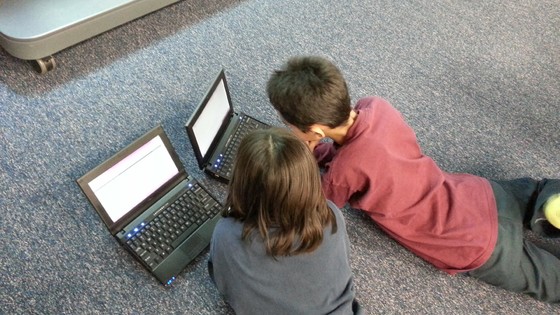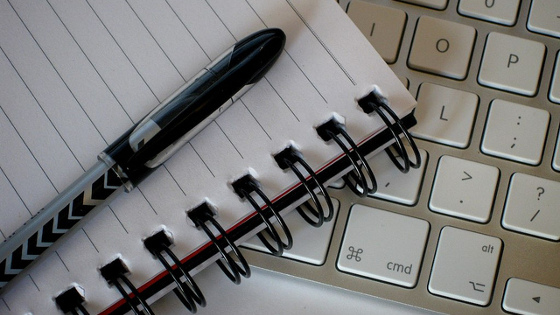Your hobbies say much
The person who will read or watch your CV will be probably interested in what your free time activities are because they can also say a lot about your personality.
At the end of this section, you will have:
- Revised and learnt vocabulary about free-time activities.
- Listened to people's hobbies.
- Matched hobbies to personality types.
- Written a text on your free time activities.
- Designed a social programme for your classmates.
Doing sport, going to the cinema or listening to music are some common free time activities. Do you think that it is important to know about people's hobbies? Can you get to know them by the activities they do in their free time?
Listen to Peter's hobbies at the To Learn English site and, with a partner, comment on the questions below.
- Do you share any of his hobbies or free time activities?
- Do you prefer individual sports or do you prefer team sports?
- What can you learn from doing activities with other people?
Enter the Agenda web site and revise vocabulary related to free time activities. Which ones do you usually do? What about your partner? Visit the English at home site and learn how to ask and answer about their hobbies.
Using the online tool Canva, create a chart and draw two columns, one entitled 'My favourite hobbies' and the other one, 'My partner's favourite hobbies'. Complete the chart and publish it on the 'Key vocabulary' page in your Weebly site.
It is important that you practise hard how to refer to your free time activities because you will need to refer to them in your final challenge.
Guess what your partner's personality is by reading the activities that they like doing in their free time. You can introduce your opinion with some of the phrases that you can find at the English club site.
Ask your classmate to guess about your personality from your list of favourite hobbies.


